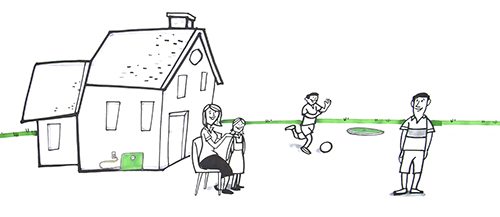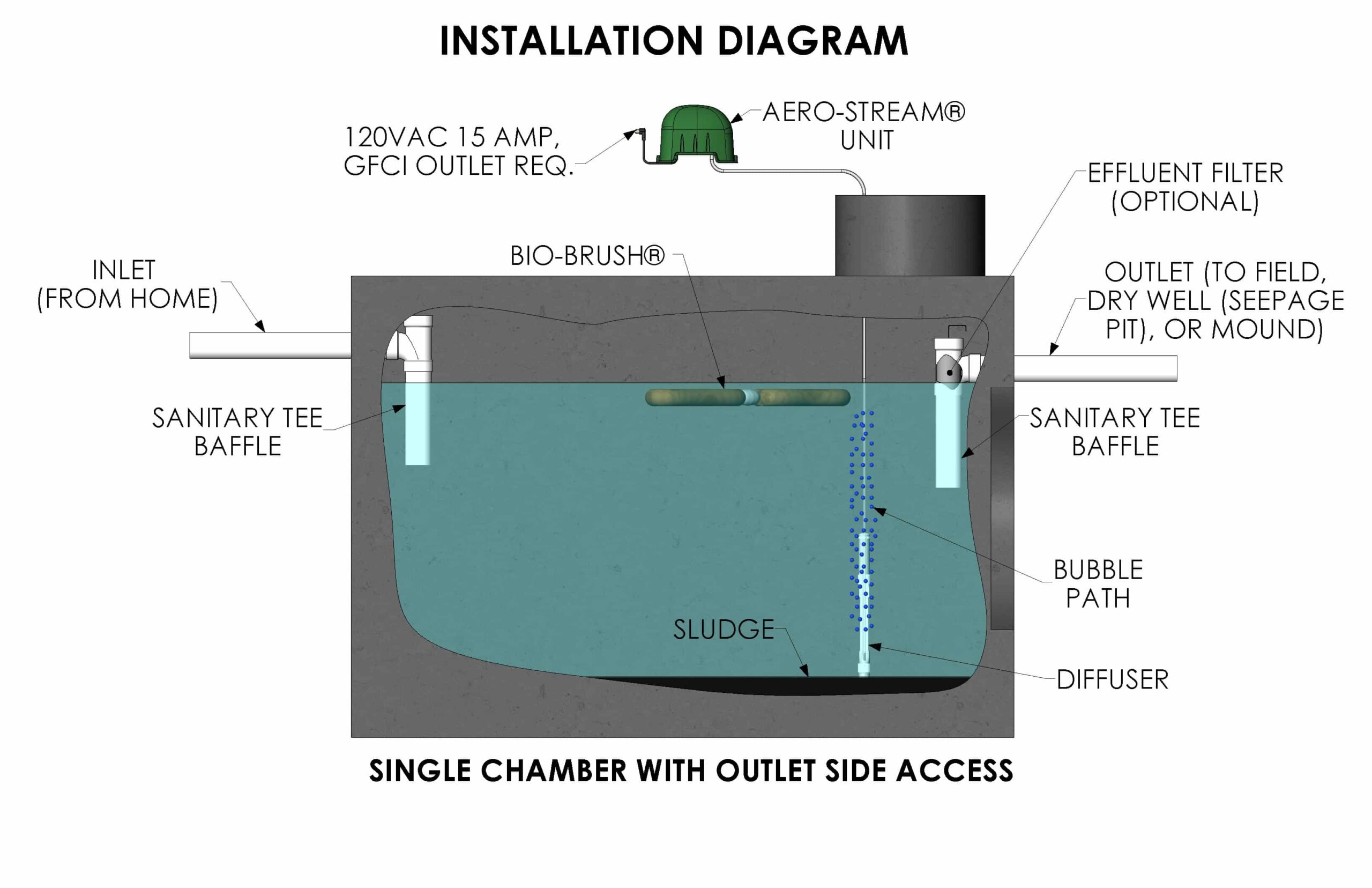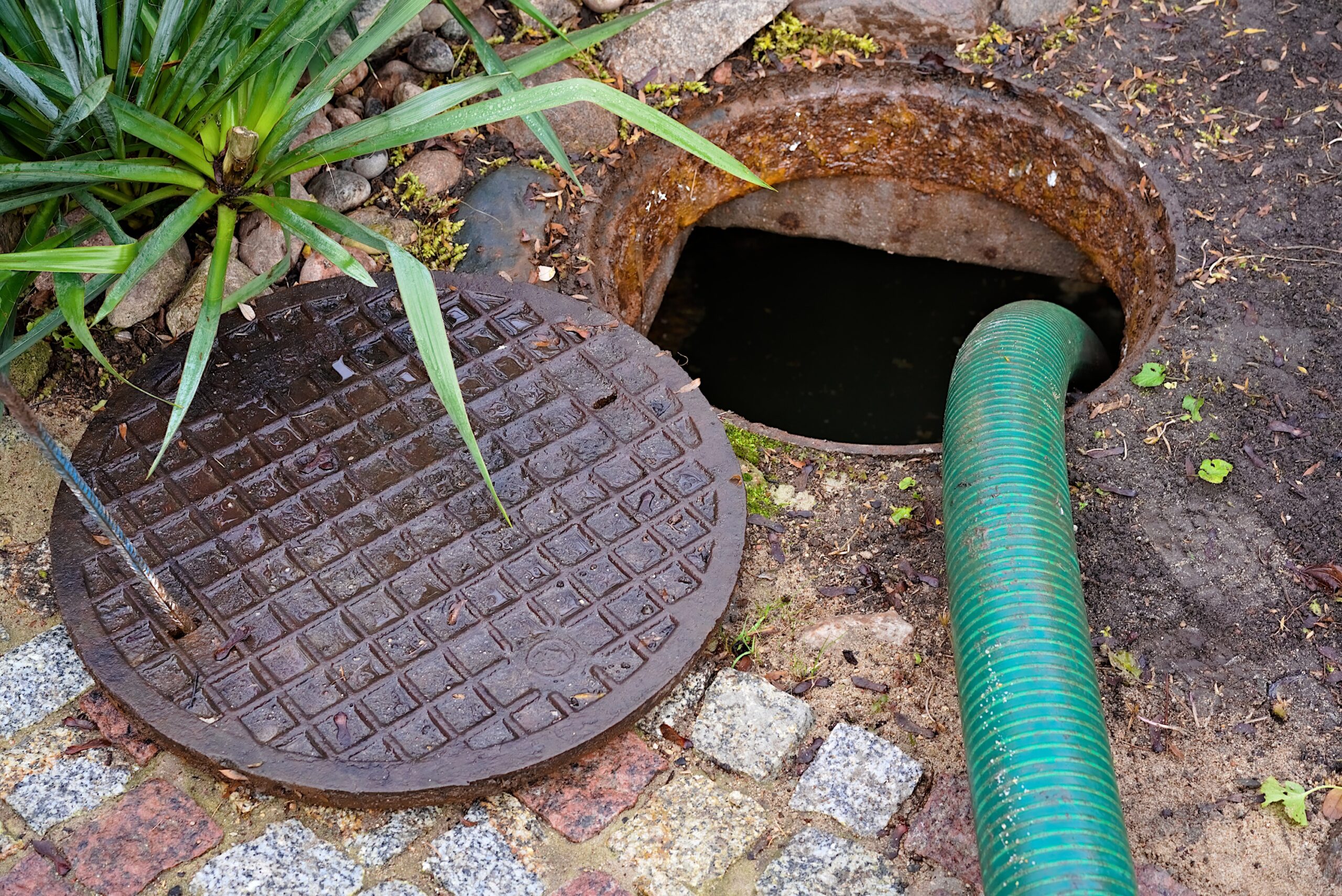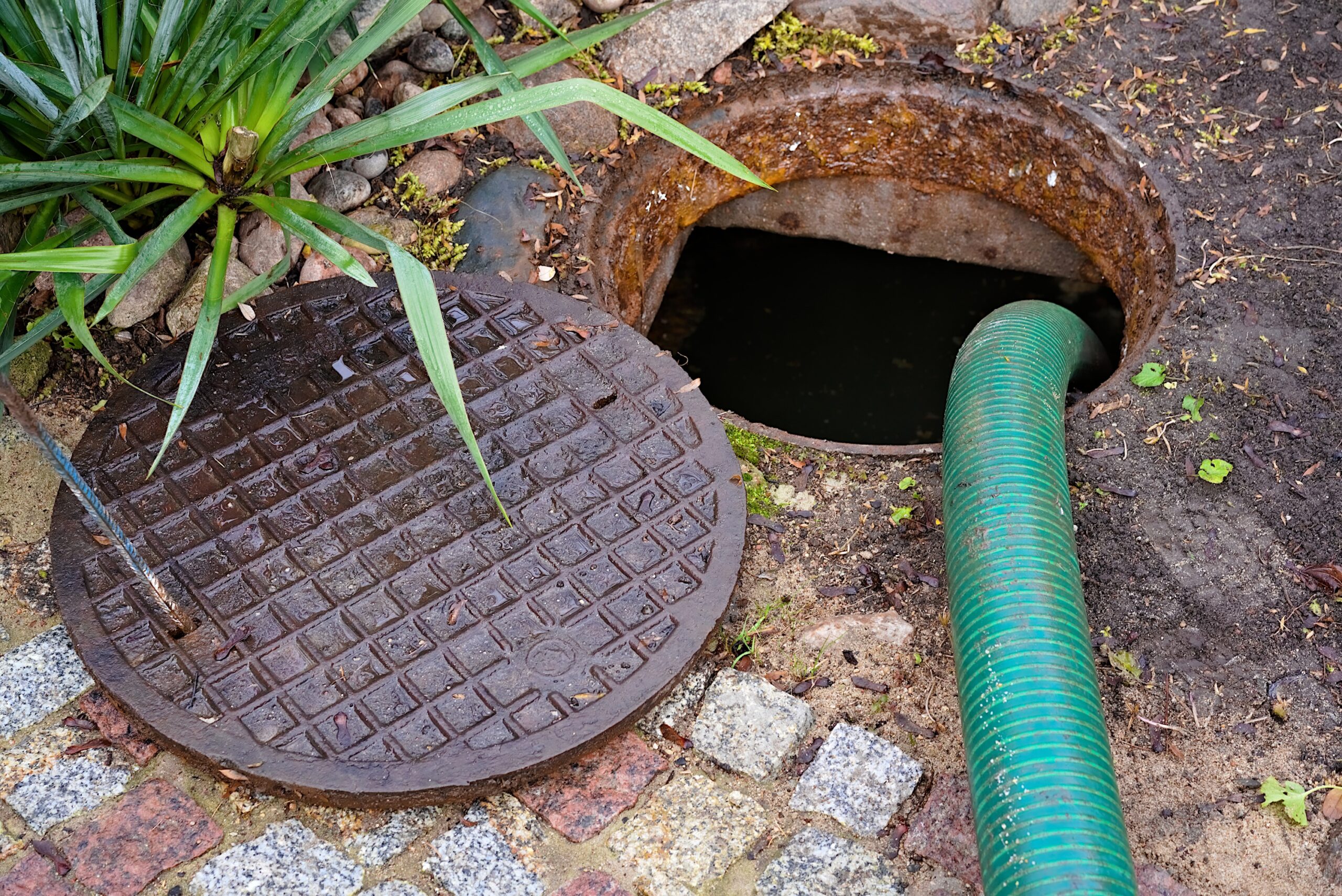
A well-designed and maintained septic system provides effective treatment of household wastewater. Correctly maintaining the system reduces the chance of failure and decreases the risks of potential health hazards and significant expenses involved in replacing a failed system.
A septic system combines biological and physical treatment to incoming wastewater, making it suitable to enter the leach field. The physical treatment happens first through settling of the solids in the first section of the tank. Then, the biological treatment uses different microbial bodies to eliminate nitrogen, carbon and phosphate based contaminants.
Below are five tips to lessen the burden of wastewater on your home’s eco-system.
Regular Maintenance
Ensure that the system is cleaned and pumped out every two to three years to reduce excessive contamination that may reach the leach field. Keep drawings and plans of the site for reference in case of a problem.
Conserve Water
Even if you live in a area with abundant water supplies, conserving the water you use at home will lessen the strain on the system. Easy ways to use less water include using low flow showerheads and limiting showers to five minutes, repairing leaky pipes and fixtures, and switching to high efficiency washing machines.
Minimize Waste
Avoid using food grinders that increase the organic load on your septic system. Leftover food and waste such as peelings and eggshells can go into the trash or composter. Dispose of fats, grease and oils in the garbage as they physically clog the plumbing, in addition to deactivating helpful bacteria.
Use Eco-friendly Cleaning Products
Some concentrated cleaning products can have a negative effect on your septic system by killing off helpful bacteria that work on breaking down organic waste. Seek out low phosphate, biodegradable cleaners and detergents.
The Stuff Not to Flush
In general, materials that do not easily biodegrade should not go down the toilet and into the septic system. They will not break down and will cause a clogged tank or plumbing. This will increase the number of times you must have the system pumped and cleaned. Typically, these items include paper towels, napkins, diapers, feminine hygiene products, cigarettes, and plastic bags.
Avoid the introduction of non-digestible materials. This includes, but is not limited to: Rags, cigarette filters, plastic bags, diapers, cat litter, coffee grounds, feminine hygiene products, band-aids, cotton swabs, condoms, etc.
It is also not advisable to dispose of grease or cooking oils into the system. They will increase the FOG levels.











